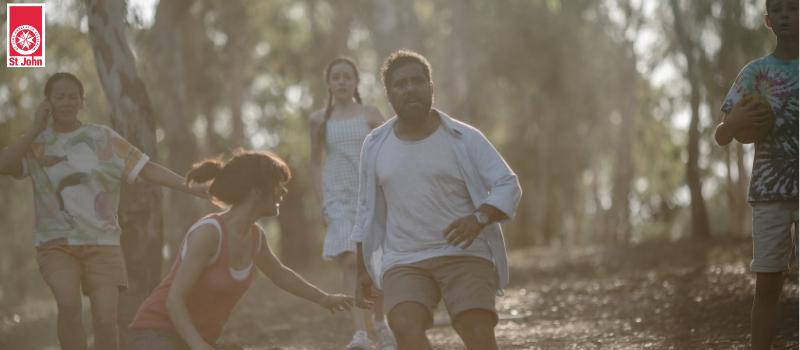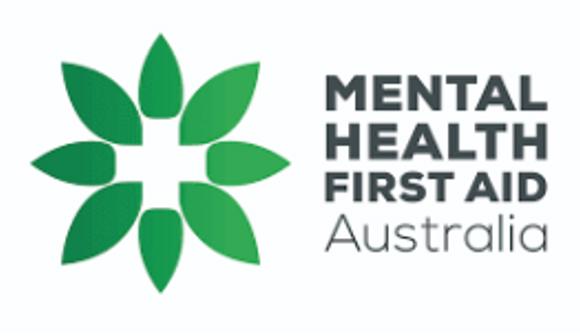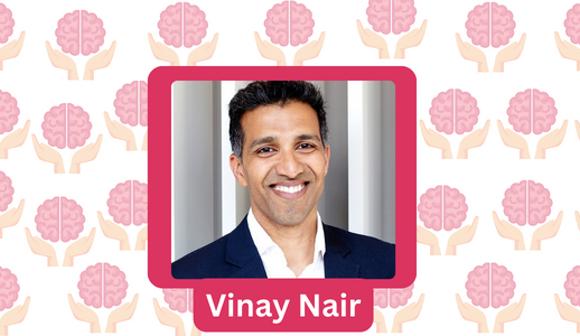R U OK? Day: Supporting Someone in Need

R U OK? Day is a crucial time to reflect on the importance of mental health and how we can all contribute to a supportive community. This day serves as a reminder to check in on our loved ones and to be proactive when we notice signs that someone might be struggling.
R U OK? website recommends 4 important steps one should take when noticing something is not right with a family member, partner, friend or a colleague:
Further to these steps, you can find some extra insightful tips on how to approach and support someone who may be behaving differently or seems to be having a tough time:

-
Recognise the Signs
Before initiating a conversation, it’s important to be aware of potential signs that someone might need support. These can include:
- Changes in Behaviour: Noticeable shifts in mood, energy levels, or social interactions.
- Withdrawal: Pulling away from friends, family, or activities they once enjoyed.
- Increased Irritability or Anger: Responding with heightened frustration or aggression.
- Physical Symptoms: Changes in sleep patterns, appetite, or physical health issues.
-
Start the Conversation Gently
If you sense that someone might be struggling, before you approach them, you should ask yourself first:
Once these questions have been answered, and you are prepared to follow up, approach them with empathy and openness. Here’s how to start the conversation:
- Choose a Comfortable Setting: Find a private and relaxed environment where they feel safe to open up.
- Use Open-Ended Questions: Ask questions that encourage them to share, like “How have you been feeling lately?” or “I’ve noticed you’ve seemed a bit off lately. Is everything okay?”
- Listen Actively: Show genuine interest and concern. Avoid interrupting and allow them to express themselves fully.
-
Be Non-Judgemental and Supportive
When someone opens up, it’s crucial to respond with empathy and understanding:
- Validate Their Feelings: Acknowledge their emotions without dismissing or minimising their experiences. Phrases like “It sounds like you’ve been going through a tough time” can be reassuring.
- Avoid Giving Unsolicited Advice: Sometimes, just being there and listening is more valuable than offering solutions. If they ask for advice, share it gently and considerately.
-
Offer Practical Support
Supporting someone isn’t just about emotional support; practical help can make a big difference:
- Assist with Daily Tasks: Offer help with things like grocery shopping, household chores, or other responsibilities that might feel overwhelming.
- Encourage Professional Help: Gently suggest seeking professional support if appropriate and offer to help find resources or accompany them to appointments.
-
Follow Up and Stay Connected
Ongoing support is vital for someone going through a difficult time:
- Check In Regularly: Continue to reach out and ask how they’re doing. Consistent contact shows that you care and are there for them.
- Engage in Positive Activities: Invite them to engage in activities they enjoy or that might lift their spirits, such as a walk in the park or a coffee catch-up.
-
Take Care of Yourself
Supporting others can be emotionally demanding, so it’s important to also look after your own well-being:
- Set Boundaries: Know your limits and seek support if you find the situation overwhelming.
- Practice Self-Care: Engage in activities that help you recharge and maintain your own mental health.
-
Know When to Seek Immediate Help
If you believe someone is at immediate risk of harming themselves or others, it’s important to seek professional help immediately:
- Contact Emergency Services: In Australia, you can call 000 for emergency assistance.
- Reach Out to Crisis Services: Organisations such as Lifeline (13 11 14) and Beyond Blue (1300 22 4636) offer 24/7 support.
R U OK? Day is a powerful reminder of the importance of checking in on those around us and offering support when needed. By recognising signs of distress, initiating compassionate conversations, and providing both emotional and practical support, we can make a meaningful difference in the lives of those we care about. Remember, your concern and care can have a deep impact, and you don’t have to navigate this journey alone, support is available for both you and the people you care about.
Let’s all commit to being there for each other, not just on R U OK? Day, but every day.
For more information on R U OK? Day and for extra resources, visit: A conversation could change a life | R U OK?

Mental Health & Crisis Support
Gain the essential skills and confidence to recognise and support people with a range of mental health issues such as depression, anxiety, suicide and addiction.

Mental Health First Aid
Equips adults with the knowledge, skills, and confidence to recognise, understand and respond to a friend, family member, co-worker, or another adult, experiencing a mental health problem or mental health crisis

From Engineering to Mental Health First Aid Advocate
As a mental health training advisor, Vinay uses the transformative power of personal experiences to reshape the contours of mental health training.


